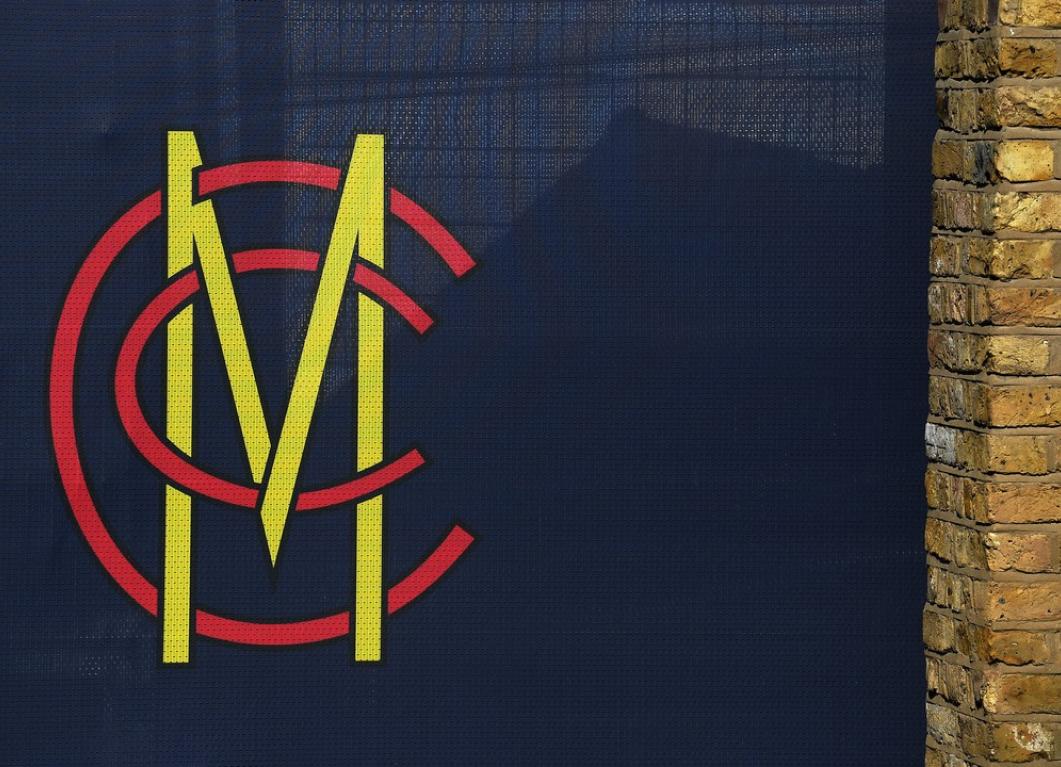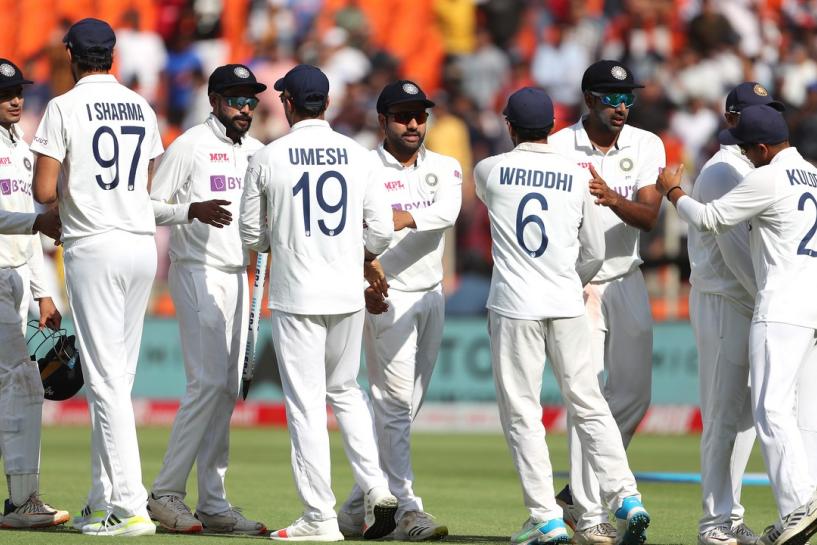No bamboo bats for now, MCC terms it illegal under existing laws

A few days back reports about a study by Darshil Shah and Ben Tinkler-Davies from the University of Cambridge started doing rounds in the media.
The study had found out that bats made from bamboo are economically sustainable and are also stronger than the traditional willow bats used today.
For a world that is constantly in the drive to find sustainable options, the idea seemed interesting. However, Marylebone Cricket Club, the guardians of the laws of cricket, have shot down the suggestion, citing it illegal under the current set of rules which govern the game.
"Currently, law 5.3.2 states that the blade of the bat must consist solely of wood, so for bamboo (which is a grass) to be considered as a realistic alternative to willow would require a law change," MCC said in a statement.
"Importantly, the law would need to be altered to allow bamboo specifically, as even if it were to be recognised as a wood, this would still be illegal under the current law, which bans lamination of the blade, except in junior bats."
In the study, the researchers found that the bamboo bats are stiffer, harder, and stronger. The bamboo bats might be more brittle but have a larger sweet spot closer to the toe of the bat.
"The sweet spot on a bamboo bat makes it much easier to hit a four off a Yorker for starters, but it's exciting for all kinds of strokes," Darshil Shah had said in the report.
MCC has now said that it will discuss the matter as finding alternatives to willow in a relevant issue.
"Sustainability is a relevant topic for MCC and indeed cricket, and this angle of willow alternatives should also be considered," MCC said.
"...this could provide a pertinent angle for further research and the possibility of reducing the cost of producing bats in different areas of the world. The Club will discuss the topic at the next laws sub-committee meeting," it added.
























